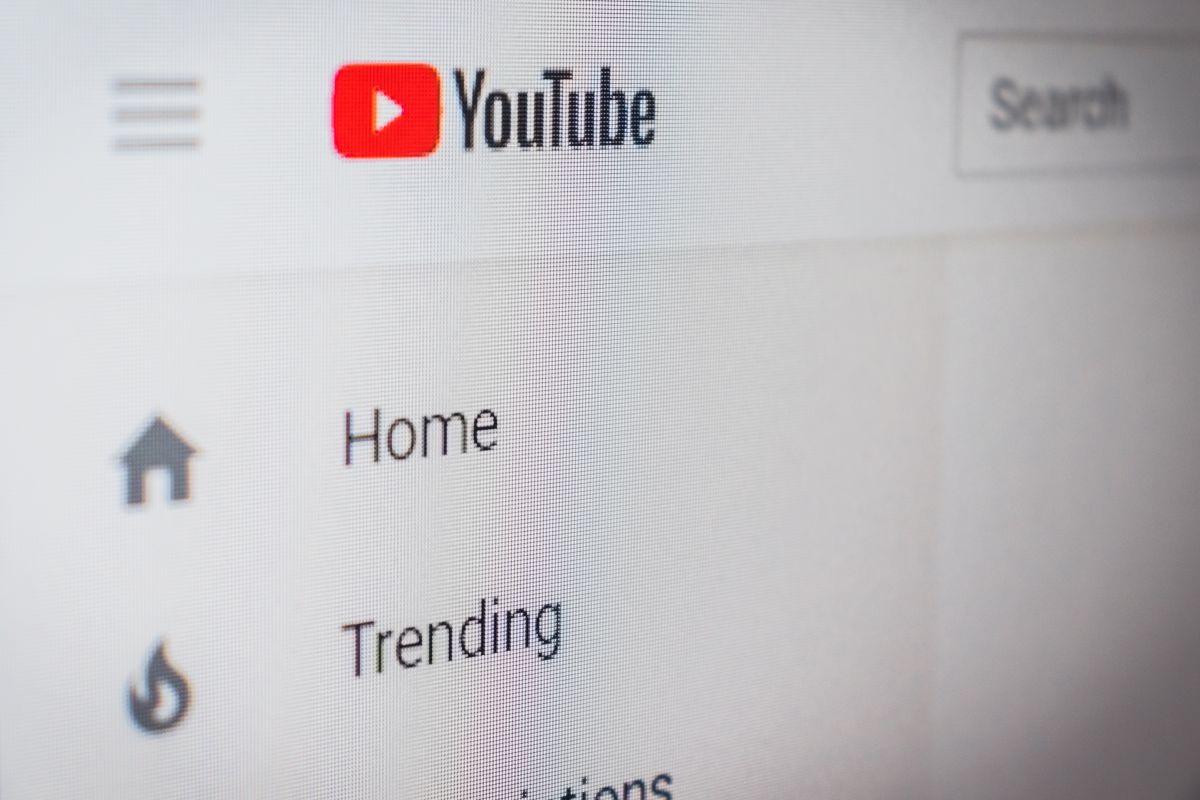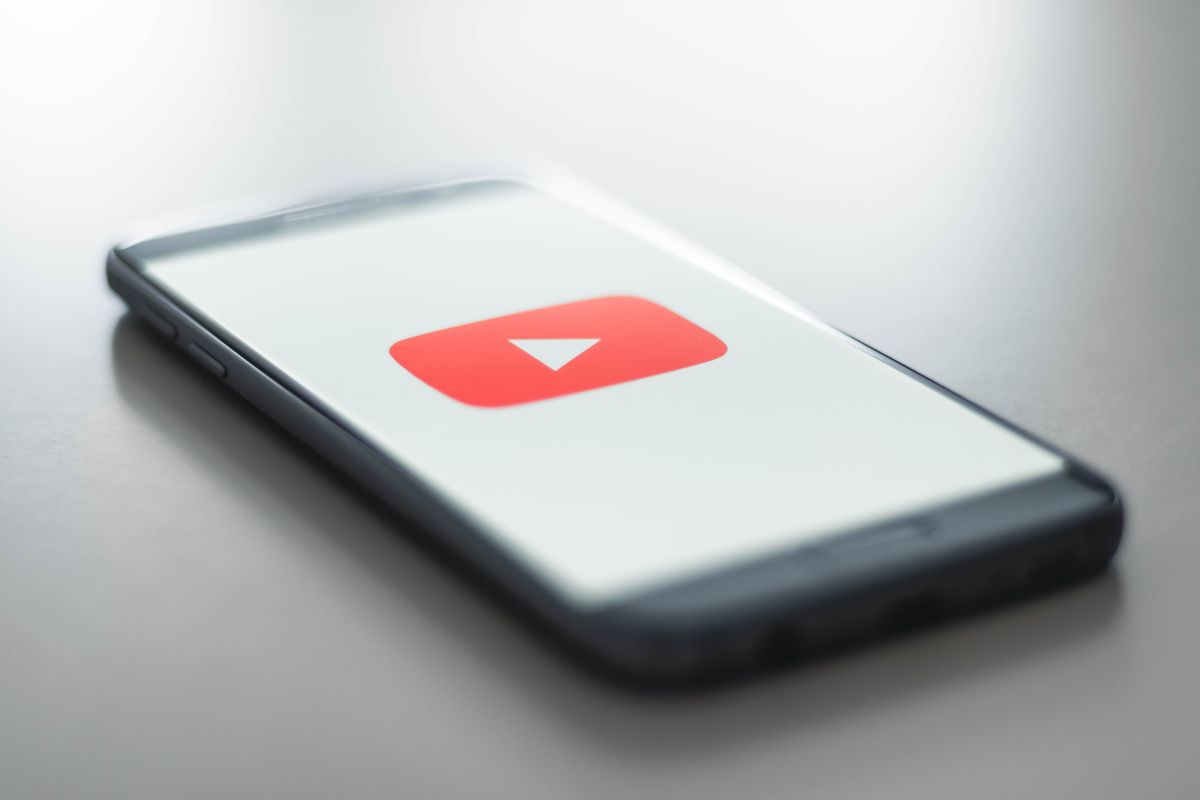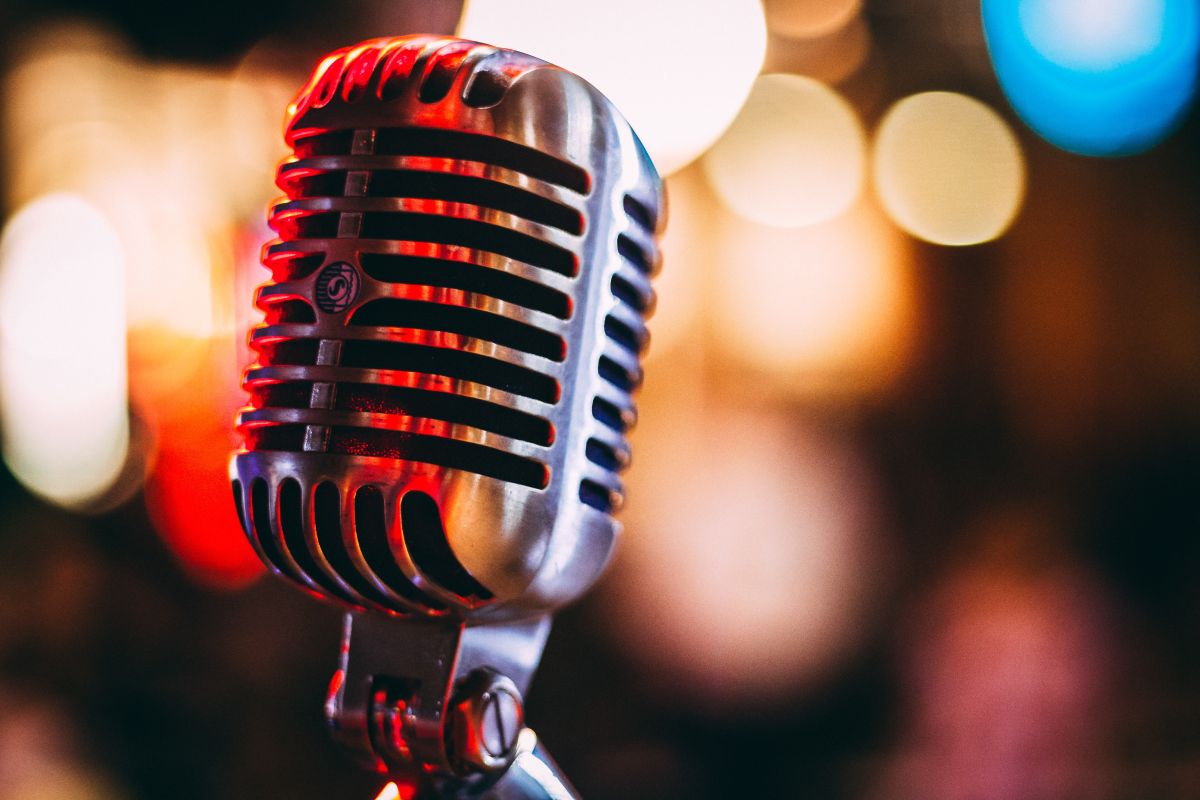Redefining copyright with AI: YouTube's collab with UMG

YouTube recently unveiled its strategic plan to bolster its rights management system, known as Content ID. This system, often a subject of debate, ensures creators are compensated for their copyrighted content. In a notable evolution, YouTube intends to integrate generative AI tools into its arsenal.
These AI tools are set to revolutionize the detection of videos that breach platform guidelines. While the specifics of these investments remain under wraps, YouTube has committed to a dual objective: safeguarding creators' rights and tapping into the creative potential of AI-generated content.
Beyond the musical realm, Google is taking significant strides in the AI landscape. A recent partnership announcement with UMG underlines Google's commitment to creating an AI framework that aligns with shared goals. This audacious move hints at Google's intention to establish unique agreements with the music industry, potentially introducing new intellectual property rights.
Simultaneously, it sends a clear message to the digital landscape: to be indexed by Google's search engine, one may need to embrace a new era of data sharing for AI training.
This groundbreaking initiative assembles a roster of musical luminaries, including Anitta, Juanes, Ryan Tedder of OneRepublic, and even the estate of Frank Sinatra, all of whom are UMG affiliates. These artists will play a crucial role in shaping generative AI experiments and research on the platform, thus contributing to the evolution of AI-generated music.

Why did Google partner with music labels all of a sudden?
The context for this effort emerges from an intriguing incident involving AI-generated music. A track titled "Heart on My Sleeve," featuring AI-generated voices of renowned artists Drake and the Weeknd, went viral.
However, the viral sensation quickly drew the attention of UMG, leading to demands for its takedown. While platforms like Apple and Spotify promptly complied with UMG's requests, the open nature of platforms like YouTube posed a unique challenge.
The problem originated from the lack of a clear policy violation. The voices used in AI-generated music are not copyrightable, despite the copyrighted nature of the individual songs that train these AI voices.

The complex web of state laws further complicates matters, leaving UMG with limited options. Ultimately, UMG's takedown requests were founded on the presence of copyrighted elements, such as the Metro Boomin producer tag.
In a recent blog post, the head of YouTube, Neal Mohan hinted at the forthcoming expansion of Content ID's scope to encompass "generated content." Though still shrouded in mystery, this expansion holds the promise of a balanced approach to protecting creators' rights within the realm of AI-driven innovation.
“AI can also be used to identify this sort of content, and we’ll continue to invest in the AI-powered technology that helps us protect our community of viewers, creators, artists, and songwriters – from Content ID, to policies and detection and enforcement systems that keep our platform safe behind the scenes,” says Neal.
Advertisement



















